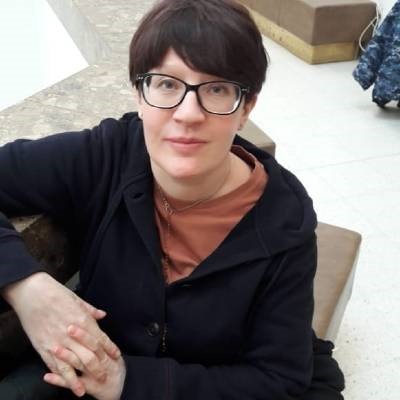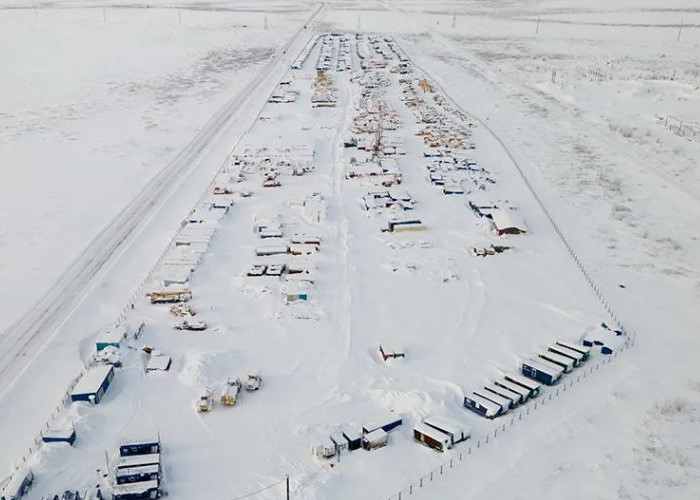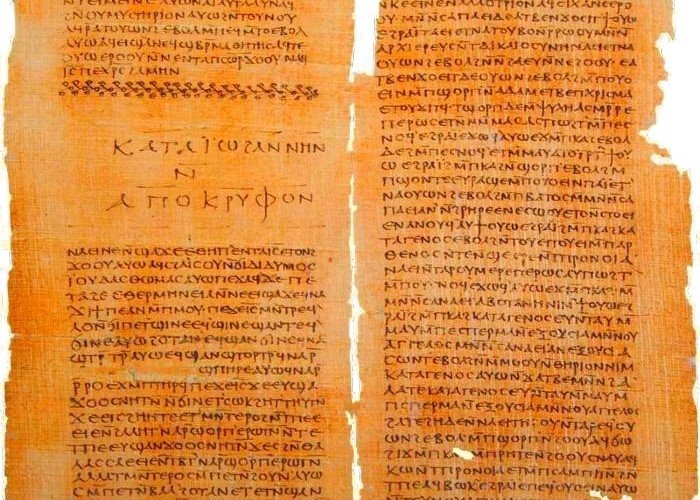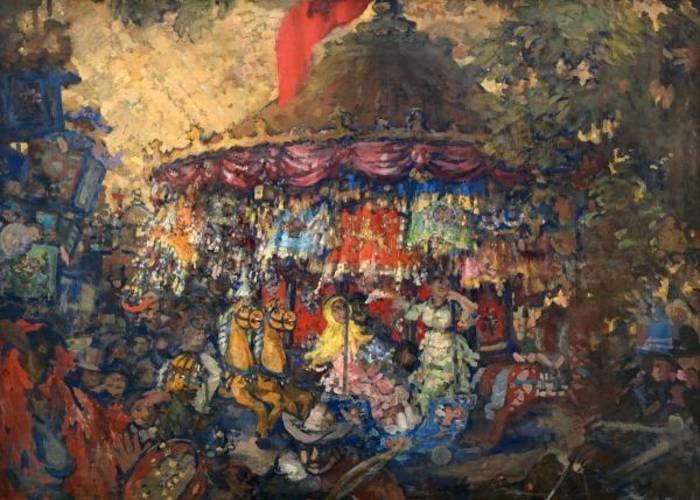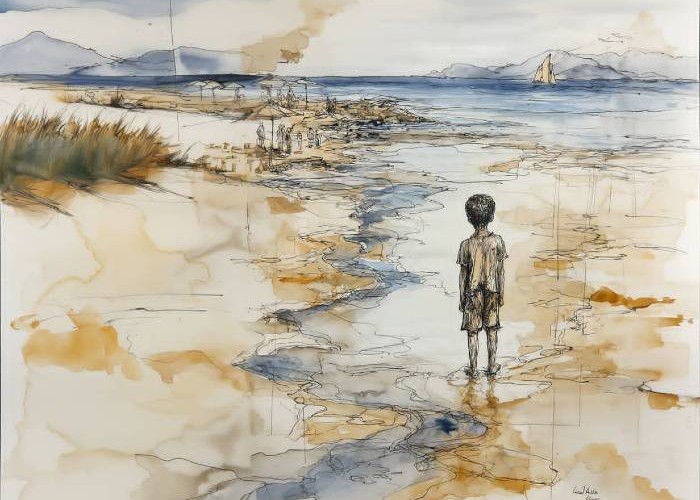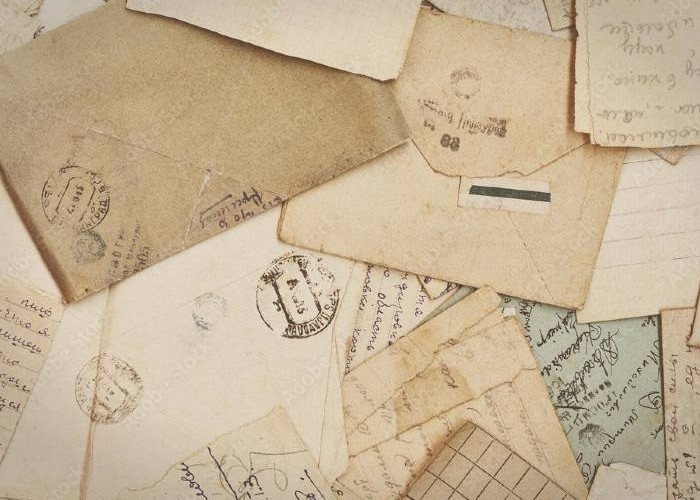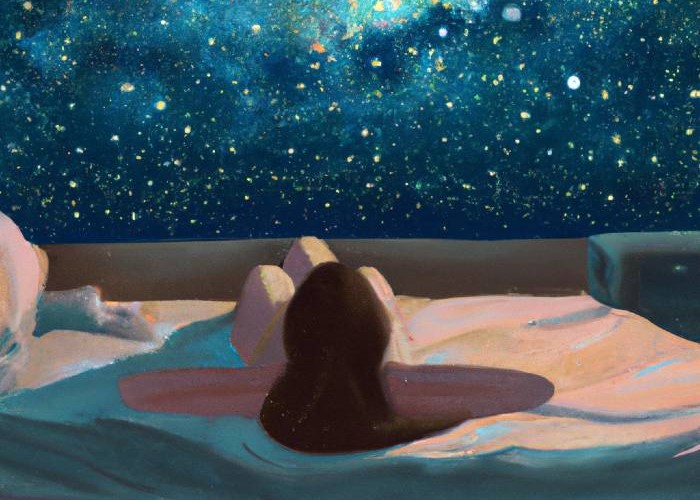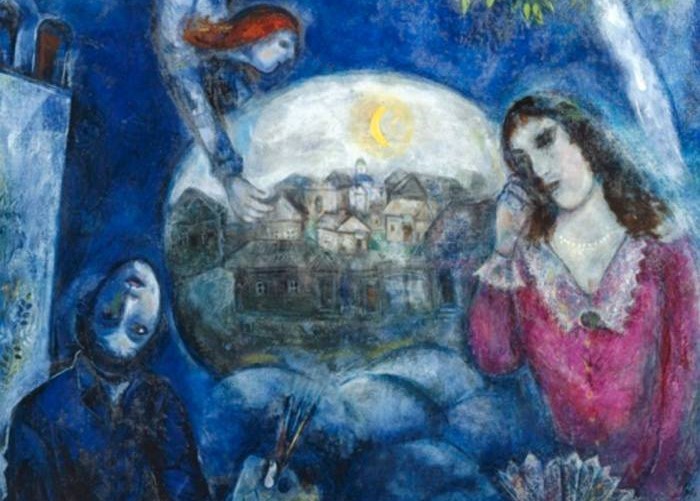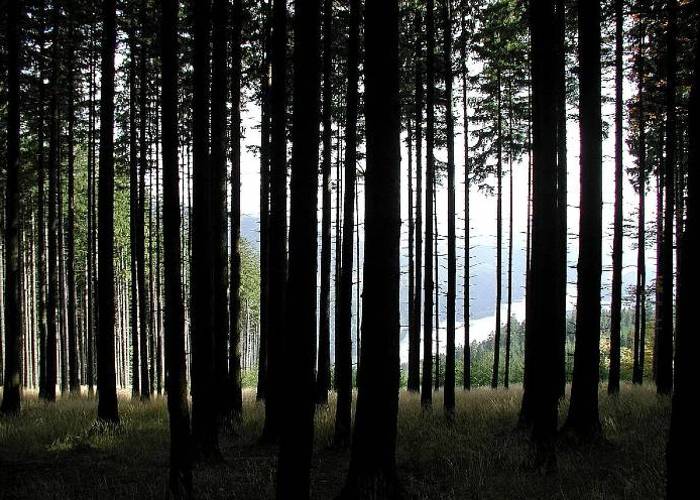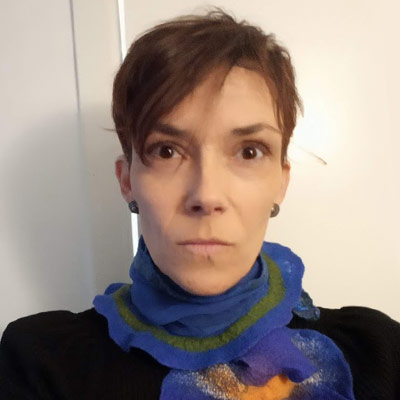Yesterday Tanya called, she said talk to me, there’s no one else I can talk to about this, they’ve all lost their mind. Because the weather was good and we live close we went to the woods; afterwards I went on to see my mum while Tanya crossed the Moscow Orbital into another neighborhood, because there, apparently, you can receive Western Union transfers at *** bank, from her sister, because Tanya lost all her clients in one go and became destitute. We were standing at the Moscow Orbital crossing in a spongy snowdrift and couldn’t unstick ourselves, and Tanya-Pythia gave me her prognoses, and even an emperor moth that had landed next to our snowdrift couldn’t distract us, while a guy passing by shot us a glance, wondering what it was we were discussing in such an absurd place.
Today I spoke to Volodya on the phone and walked around the backyards in figure-of-eight shapes. I saw two teenagers, one was of course wearing shorts, what are his parents doing, well, they aren’t doing anything at all, they are working, but later a girl in a t-shirt walked past and I thought that I’d evidently missed everything and that it was time to take off my coat, it’s spring, and Volodya, to give an example, talked about the Saviour, about the freedom he brought to people – inner freedom, Tanya (my friend and I are namesakes), he brought inner freedom, and nobody can take that away from you.
Tanya and I went to the woods to talk. We met only one man, but we met him three times, in different places along our route, carrying a red sports bag. Tanya, who is following events much more closely, expounded her vision while I listened. My friend has super-abilities, I believe in her predictions, which are underpinned by calculations from numerology and her good knowledge of the material. We walked about ten kilometers, saw some coltsfoot, made it back into the city and went to my place: I remembered that friends had left a bar of silver for Tanya the jeweler. The city was very busy, and we lowered the volume every time we used dangerous words. A tall woman with ginger hair and an intelligent face walked past, Tanya said, what a fine woman, she is probably in favor of peace. In a narrow courtyard a car with the inscription “receivers” accelerated sharply, forcing us between the rubbish bins. Oaf, said Tanya, he took right off! Whereas we are making our way here like two doves of peace… Behind the dump next to the public hospital for adults two doves were taking turns drinking out of a puddle, like the famous Russian wooden toy.
Tanya and I agreed to go to the woods for a chat but the circumstances changed, I changed my plans. Of course my friend didn’t take offence, it was raining anyway, we’ll go another time. On the way home from my mum’s (it was with her that I’d ended up in the rain) I bumped into Tanya, on her way to the woods. I decided to go for a walk after all, said Tanya, my son’s gone to a concert on his own for the first time, I don’t want to sit at home and get all worried… Oh well, I said, alright, I’ll walk with you up to the traffic lights at least. By the time we’d reached the traffic lights we no longer wanted to part. Come, let’s do a little detour, you walk with me to the bus stop, then I’ll go home and you can go to the woods. Tanya immediately started retelling me the lectures of one clever man and I really got into it. While we overtook members of the public out for a walk we lowered our volume, and only once did Tanya become distracted by a dad with a pushchair (what a body!). In the end, my friend decided to walk me home, but I had to buy some wine on the way, we went into a shop and Tanya also acquired a bottle, since I recommended the wine. Since it’s strange to walk around carrying wine, she decided to drop her purchase off at home, and to go for a proper walk afterwards. We reached my house while still discussing her predictions, we needed one more half-kilometer, and so I walked Tanya home, and then she walked me home, and I received exhaustive information, enjoyment and, most importantly, hope. In 25 years time, Tanya said with conviction, it will be amazing here, better than in Europe. In particular for artists. Oh, great, I said, for our children… We will still be alive then, Tanya insisted. I did the maths in my mind and agreed.
I can feel the notorious atomicity on a physical level. People move away from each other further than ever, simply because they are afraid of/don’t want to discover that they themselves/somebody else belongs to a different camp. Only people who are really close are getting closer to each other. Every morning is exploded by the pain from the news, the confusion from all the lies. The usual channels of communication seem dangerous. Habits change. Instead of meeting with a small circle of local women like we used to, I go to the woods with Tanya, who thinks like me. My female friends have retreated, a possible compromise standing between us. We both love Pinot Grigio, but Tanya and I no longer want to drink. We need neither the artificial festivity nor the jacked-up jollity, neither the oblivion nor even the taste. What we need is strictness, tenacity of perception, integrity; even our physical appearance is somehow new… we walk many kilometers through the woods while talking and discussing news, events, and people we hadn’t even heard about half a year ago. The men coming in our direction we also now perceive in a very different fashion, although all they’re doing is walking the dog or simply walking somewhere.
The extravagance of nature and the weather are astonishing. Here comes fairy-tale snowfall, when those living in the neighborhood scatter into the street on a white-and-rosy evening and wander around like angels, smiling inanely; they shed into the snow everything that’s philistine, shop-bought and everyday, and even the laziest dads, panting, build snowmen with their children. But in the morning – fine if it was merely above-zero temperatures but no, it’s stinging rain turning into a downpour, and all that beauty turns into a slimy brown mess… the neighborhood becomes impassable, and Tanya and I – this is highly unusual – CANCEL the walk we’d planned, which we need like air. Because it’s impossible to reach the woods, and after 24 February we stopped sitting in each other’s kitchen with a glass of wine and chatting…
The 24the we lost well and truly, says Tanya.
That’s the birthday of my late mother-in-law, who luckily didn’t live to see that day.
… nature is the one who can be forgiven for suddenly wrecking everything. It doesn’t do it on purpose and the matter can be sorted
Tanya and I have a tradition – to go to the woods. We went to the woods before too, but the practice became established in its definite form after 24 February. Before that, we were happy just to sit with a group of girlfriends in Tanya’s kitchen and drink wine. After the 24th these meetings stopped and the group was reduced to the two of us.
Now that I’ve temporarily moved in with my mother our trips to the woods have grown more frequent; we go once a day. If we don’t my steam boiler explodes, and Tanya is always glad about our sporty political walks. We meet in the evening next to the “Magnit” shop, and we’re never late. With a feeling of heightening excitement, we cross the Volgogradka. We avoid the well-used site where skiers usually change their shoes, though sometimes I’m among them. We go deeper into the woods. Tanya shares the news she’s gleaned from YouTube. She has her sources and I have mine, she’s disposed toward conspiracy theorists, I listen to political commentators alongside cultural experts and economists.
We compare data and discuss outlooks. Most of the time it’s Tanya who does the talking. Shortly after five, when we’ve reached the woods, the snow phosphoresces, the tree trunks are turning black, the sky is swirling with greyish-green darkness, sometimes it’s more sulphurous yellow. The lights of the city disappear behind the trees, reinforcing the illusion of a dark forest. At that time there aren’t many people here; sometimes we meet a skier who’s skating along, we manage to evade each other. Sometimes the hounds of Baskerville emerge out of the dark, their collars blinking. Tanya freezes, but I press on fearlessly. Since I’m always limited for time, we walk at a good clip. When the discussion heats up Tanya tries to stop, but I say that I’m cold and we continue walking. We finish our winding circle which is a bit different each time. We wait for the traffic lights to change a few times and cross the Volgogradka. Thank you, I say, for the company, I was about to lose my mind. No, I’m the one who needs to say thank you, says my friend, and we say goodbye until tomorrow.
